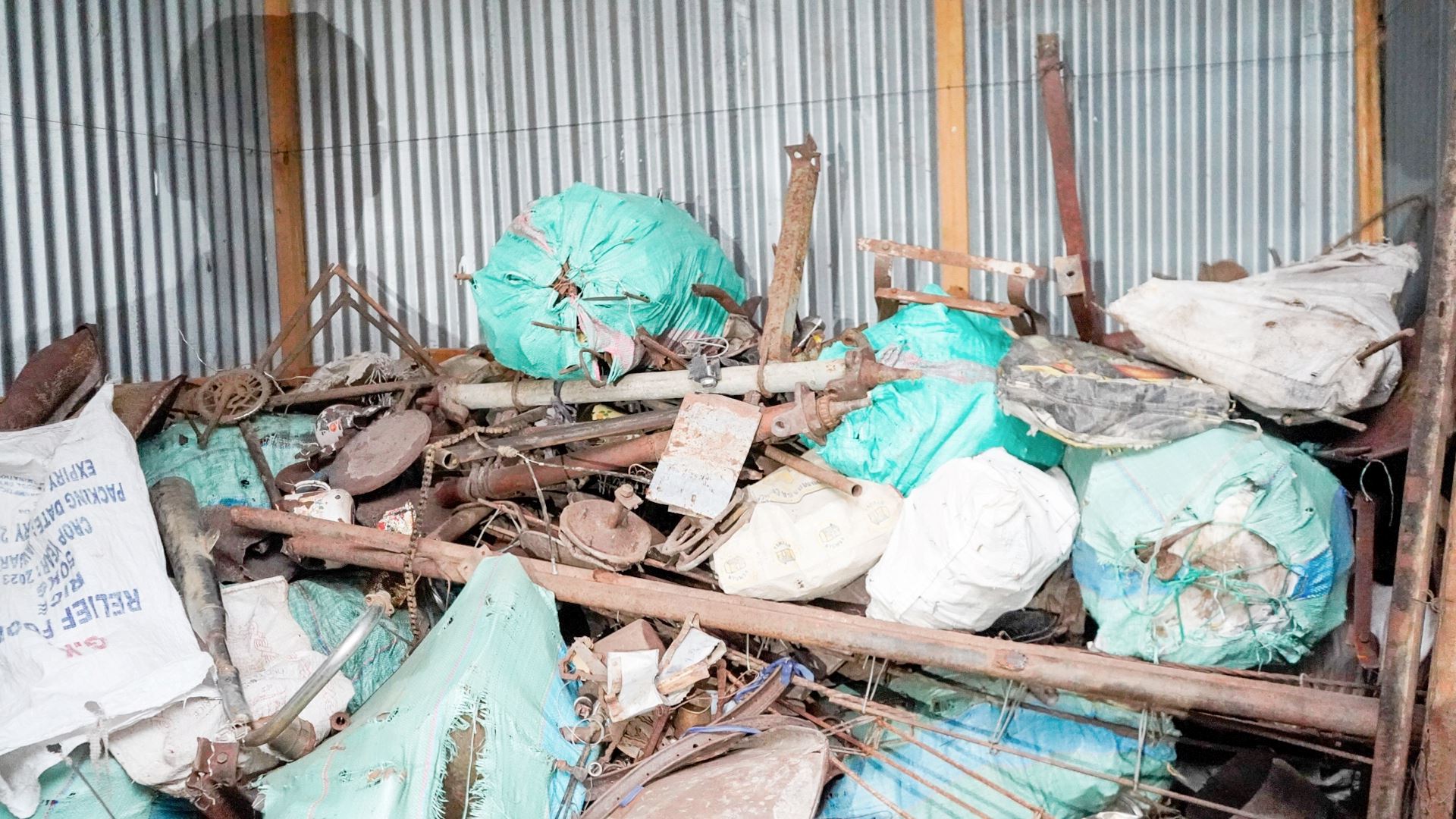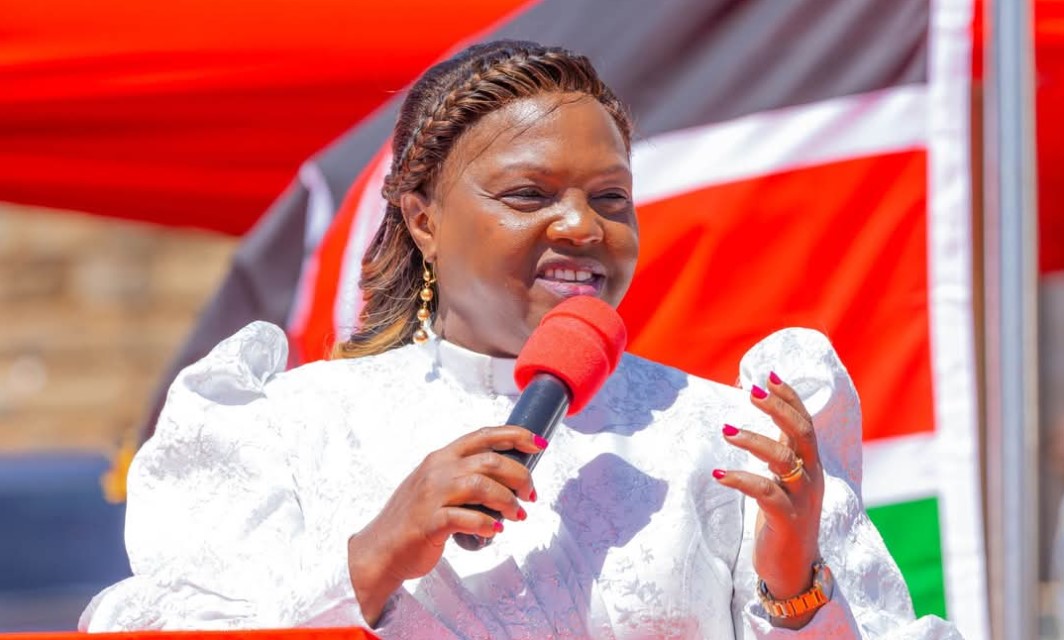Government can't afford Sh400 billion for counties, says Treasury

Responding to criticism over the reduced allocation, the CS highlighted the reluctance of many to pay taxes while demanding more government funds.
The Treasury has dismissed calls for an additional Sh20 billion for counties, with Cabinet Secretary John Mbadi urging governors to accept the Sh380 billion proposed by the National Assembly.
Speaking on the ongoing standoff, Mbadi argued that while the demand for increased funds is legitimate, the country's struggling economy cannot sustain the Sh400 billion sought by senators and county governments.
More To Read
- KRA slashes procurement budget by over 20 per cent due to funding cuts from National Treasury
- Pensioners miss out on Sh34 billion payments due to Treasury delays, system downtime
- Investors make fortunes at NSE compared to other investments in 2024
- Government spent Sh181 million for Haiti mission -Report
"Governors should just accept Sh380 billion this financial year as we work out ways to increase the allocation next year," Mbadi told Nation.
He emphasised the need for financial prudence, adding, "I would love to give counties more money, but our economy simply cannot support it for now."
Mbadi further warned against committing to unrealistic allocations, which could lead to arrears and disrupt county operations.
"This financial year is already in a mess. There is no point in promising something the economy cannot support," he said.
Responding to criticism over the reduced allocation, the CS highlighted the reluctance of many to pay taxes while demanding more government funds.
"I'm no longer a politician; as Treasury CS, I speak from a point of knowledge about our financial situation. For now, Sh400 billion is not feasible," he said, dismissing calls to borrow funds to meet the governors' demands.
ODM leader Raila Odinga has joined senators in advocating for the Sh400 billion allocation, accusing the National Assembly of undermining devolution.
Raila highlighted that the Sh380 billion proposed falls short of the legal requirement, which mandates counties receive at least 15 per cent of national government revenue.
"The standoff and attempts to tamper with allocations are a dangerous backward march. I urge MPs to support devolution rather than be complicit in frustrating it," Odinga said.
Kitui Central MP Makali Mulu, a member of the mediation committee addressing the impasse, criticised Raila’s remarks, stating that the country lacks the resources to meet the senators' demand.
"Raila can say what he wants, but he is not telling us where the money will come from," Mulu said.
He maintained that the committee would not approve an amount the government cannot afford, arguing that borrowing to satisfy the counties’ demands would burden Kenyans with more debt.
"Counties should accept the Sh380 billion for this financial year. If the Treasury's current tax proposals succeed, they will receive more next year," Mulu added.
The ongoing dispute between the Senate and the National Assembly has seen both Houses adopt rigid positions, with senators insisting on Sh400 billion while MPs stand by the Sh380 billion figure.
Legislators from the National Assembly attribute the reduction to a revenue shortfall following the rejection of the Finance Bill, 2024, which created a gap of Sh346 billion.
Despite two mediation meetings, no agreement has been reached. Co-chairs, MP Ndindi Nyoro and Senator Ali Roba, are expected to convene a third meeting as consultations with the Treasury and the Council of Governors continue.
Governors have warned they will shut down county operations within 30 days if the stalemate persists, arguing that reduced funding will severely affect service delivery.
Meanwhile, Mbadi dismissed claims of county cash shortages, asserting that funds are available.
"Counties have money in their accounts. Wajir County, where the chairman of the Council of Governors comes from, has Sh4 billion. They should pay salaries, suppliers, and contractors," Mbadi said.
Counties have been relying on up to 50 per cent of last financial year’s equitable share as the impasse over the County Allocation Act continues.
Top Stories Today

















